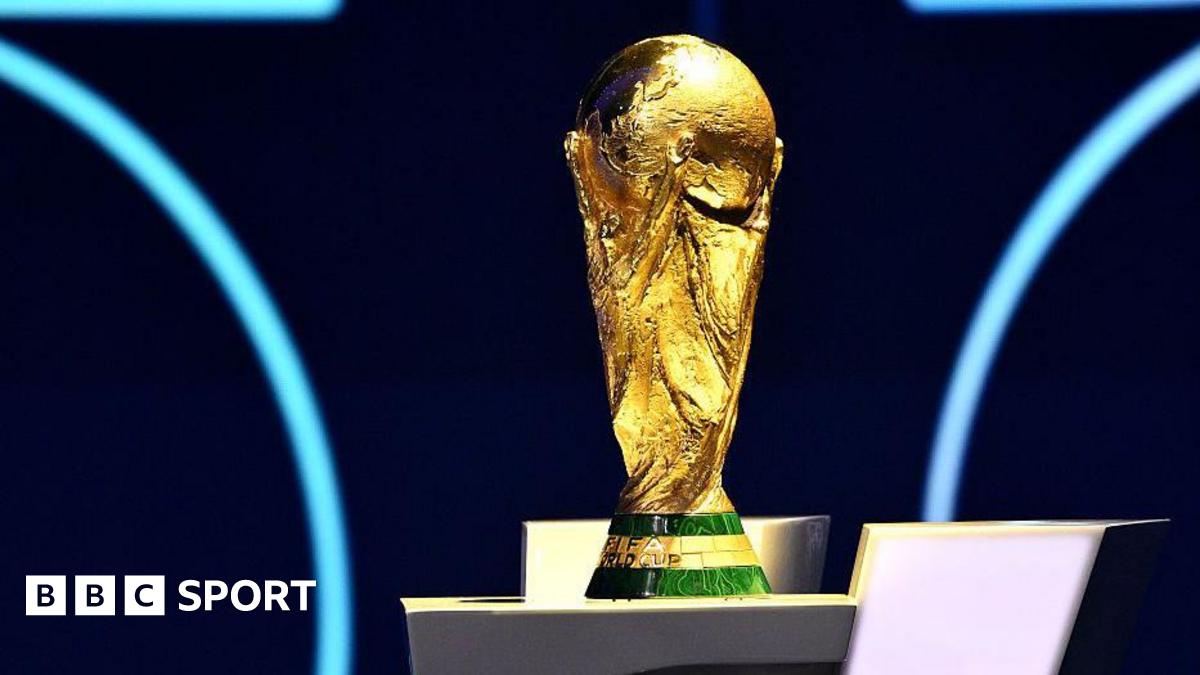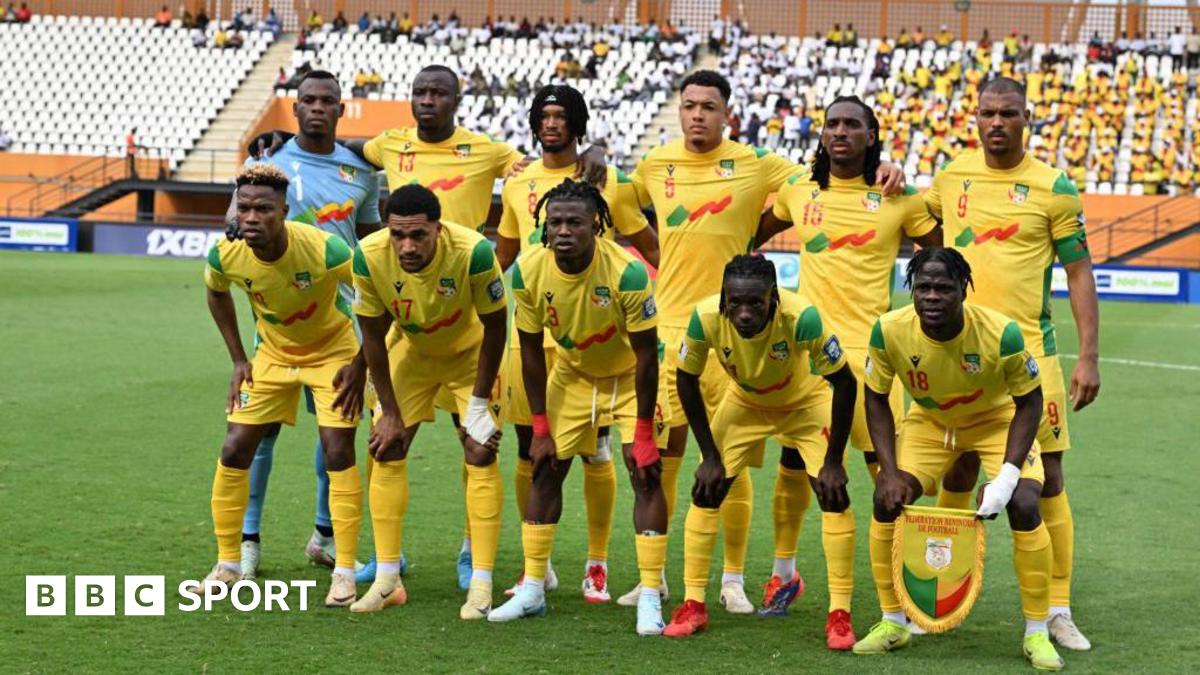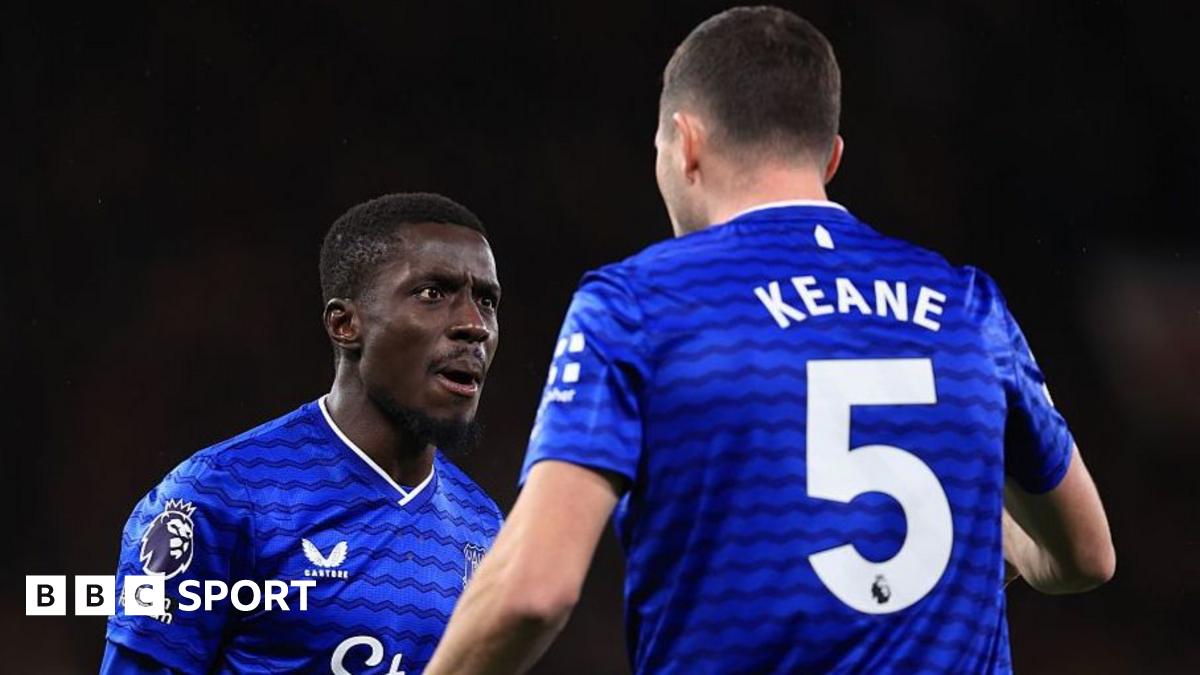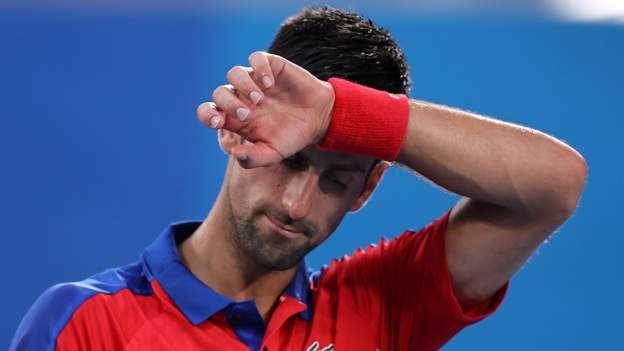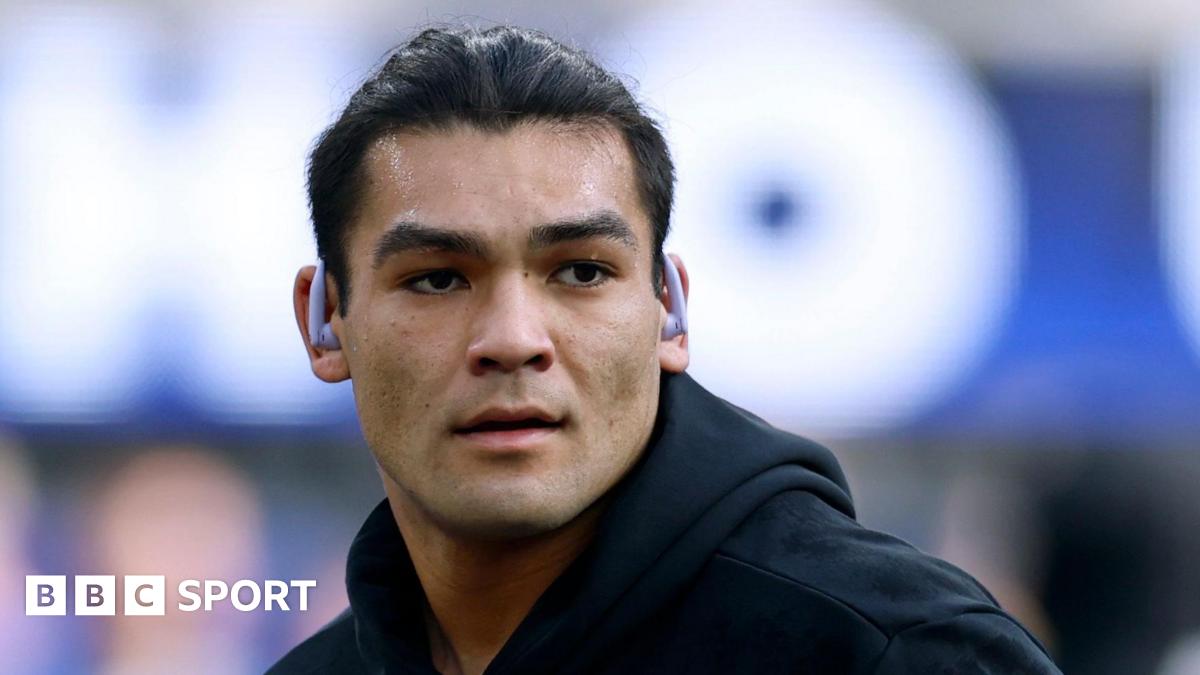Formula 1 has been accused of ignoring the abuse of human rights in Bahrain on the eve of the new season starting in the country this weekend.
The Bahrain Institute for Rights and Democracy (Bird) says F1 has “abandoned those who have been tortured and imprisoned” partly as a result of criticism of the race.
An F1 spokesperson said: “We take our responsibilities on rights very seriously and set high ethical standards for counter-parties and those in our supply chain.”
These were “enshrined in contracts, and we pay close attention to their adherence”.
Sayed Ahmed Alwadaei, the director of advocacy for Bird, has written a letter to F1 president and chief executive officer Stefano Domenicali following the decision to award the Bahrain race a new 15-year contract.
The letter says that the contract “directly contradicts your claim from last year that F1 takes ‘violence, abuse of human rights and repression very seriously'”.
It adds that the grand prix “has contributed to the abuse and suffering of individuals, and F1 has failed to adequately use its platform to put an end to abuses or secure redress for these victims”.
It said Bird supported F1’s decision to cancel the Russian Grand Prix contract in the wake of the invasion of Ukraine but said there “is a clear double-standard being applied with countries in the Middle East” in the context of Saudi Arabia’s involvement in a conflict in Yemen.
Saudi Arabia hosts the second race of the season. Bahrain and the United Arab Emirates, which hosts the season finale in Abu Dhabi, were also involved in Yemen, Alwadaei said.
He asked F1 to review its policy on races in the Middle East and reconsider its position on an independent commission to investigate human rights violations linked to the Bahrain Grand Prix.
Bird has also written to some drivers asking them to “publicly stand up for human rights in Bahrain and Saudi Arabia, including on social media platforms”.
The F1 spokesperson said: “For decades, Formula 1 has worked hard to be a positive force everywhere it races, including economic, social, and cultural benefits.
“Sports like Formula 1 are uniquely positioned to cross borders and cultures to bring countries and communities together to share the passion and excitement of incredible competition and achievement.”
A statement from the Bahrain government said the kingdom had “led human rights reform in the region” and that to single it out was “absurd and lacks context”.
It said it “welcomes and actively supports the role Formula 1 can play in shedding light on human rights issues in all countries it operates in”.
And it said Bahrain has “the region’s most robust human rights protections in place”, including an independent human rights ombudsman, police code-of-conduct reforms and criminal justice reform.






